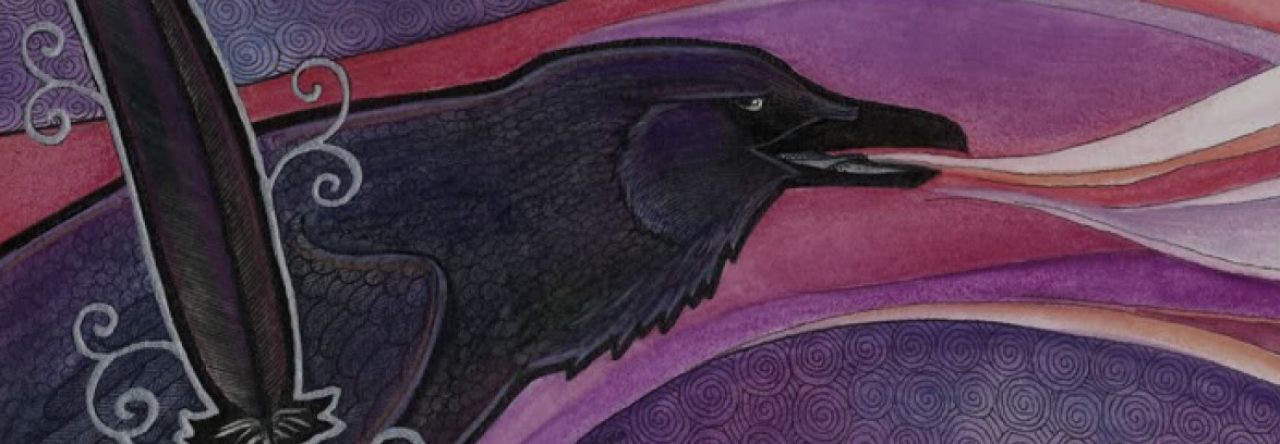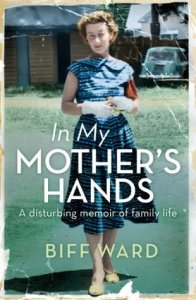
The Grimm Brothers published a beautiful version of the Beauty & the Beast tale called ‘The Singing, Springing Lark’ in 1819. It combines the well-known story of a daughter who marries a beast in order to save her father with another key fairy tale motif, the search for the lost bridegroom. In ‘The Singing, Springing Lark,’ the daughter grows to love her beast but unwittingly betrays him and he is turned into a dove. She follows the trail of blood and white feathers he leaves behind him for seven years, and, when she loses the trail, seeks help from the sun, the moon, and the four winds. Eventually she battles an evil enchantress and saves her husband, breaking the enchantment and turning him back into a man.
Kate Forsyth retells this German fairy tale as an historical novel set in Germany during the Nazi regime. A young woman marries a Nazi officer in order to save her father, but hates and fears her new husband. Gradually she comes to realise that he is a good man at heart, and part of an underground resistance movement in Berlin called the Red Orchestra. However, her realisation comes too late. She has unwittingly betrayed him, and must find some way to rescue him and smuggle him out of the country before he is killed.
The Red Orchestra was a real-life organisation in Berlin, made up of artists, writers, diplomats and journalists, who passed on intelligence to the American embassy, distributed leaflets encouraging opposition to Hitler, and helped people in danger from the Nazis to escape the country. They were betrayed in 1942, and many of their number were executed.
The Beast’s Garden is a compelling and beautiful love story, filled with drama and intrigue and heartbreak, taking place between 1938 and 1943, in Berlin, Germany.
This review is presented as part of my contribution to the Australian Women Writers Challenge.
An eARC of this book was provided by the publisher via Netgalley in exchange for an honest review.
I’m a longtime fan of Kate Forsyth (I vividly remember stalking the bookstore shelves waiting for each Witches of Eileanan book to be released), and particularly loved her last two books, The Wild Girl and Bitter Greens, and was thus extremely happy to be asked to read and review The Beast’s Garden.
I will admit up front, I went into this book with a small sense of trepidation. I had very high hopes, based on how good The Wild Girl and Bitter Greens were, but I did wonder about the premise of The Beast’s Garden– namely, combining a version of the fairytale Beauty and the Beast (specifically, The Singing, Springing Lark) and Nazi Germany during World War II. It wasn’t that I wasn’t sure that Forsyth could pull off such a story, I wondered if anyone could pull it off.
And now that I’ve read the book, the question: did Forsyth manage to pull it off? The answer is a resounding hell yes.
It should be noted that this book isn’t going to be for every reader. There are scenes set in a concentration camp, and while Forsyth doesn’t linger overlong on any of the atrocities, neither does she shield the reader from the true horrors of of WWII and the Holocaust. If any of this is a trigger for you, this isn’t going to be the book for you. But please, if you haven’t done so, go and read all of Forsyth’s other books. They’re more than worth it.
In the role of “Beauty” we have Ava, a German girl who is training as a singer. In looks, Ava takes after her dead Spanish mother, while her two sisters are blue-eyed and blonde-haired, fitting the Aryan ideal. Ava and her family are not safe beneath Nazi rule. Ava’s own darker colouring puts her at potential risk of being declaimed as having Romani blood, and one of her sisters has a daughter who is possibly learning disabled. More, Ava’s family are close to a Jewish family, the Feidlers. After Ava’s mother died, Ava was practically raised by Mrs Feidler, and regards Rudi Feidler (an out gay man) as a brother. Ava and Rudi are both musicians, and both attend illicit jazz clubs together. To protect all of her blood and found family, Ava marries a Nazi officer, Leo von Lowenstein.
Leo, naturally is the “Beast” of the tale, and it is the romance between Leo and Ava which drives much of the novel. At first, Ava fears Leo, only knowing him as a Nazi officer. As she gets to know him, and see beneath the public mask he wears, she discovers that he is a lot more than he first appeared. Like her, he is fighting against Hitler’s rule, and is part of an underground resistance movement.
The story follows Leo and Ava as they both navigate Nazi Germany and the various plots to disrupt Nazi rule and attempt to assassinate Hitler. We also get to follow Rudi after he is arrested for “subversive activities” and deported to the concentration camp, Buchenwald. Yet another story thread is shown via Rudi’s sister Jutta, who evades arrest and lives in hiding from the Nazis.
On the surface, it is hard to see much hope in any story set in WWII Germany. Forsyth doesn’t shy from any of the horrors: we get to see the Jewish people suffering both in the camps and in hiding, as well as the German people starving as their country begins to bend and break beneath the weight of Nazi rule and the war. But in the darkness, there is light. Even while deathly afraid, Ava finds ways to fight. And in Buchenwald, Rudi plays illicit music, saves others where he can (and is saved in turn) and even finds love.
Forsyth skilfully weaves in many historical figures and events into the narrative, giving a real weight to a book that, in less talented hands, could easily have become little more than a fluffy romance between the Brave German Girl and Nazi With a Heart of Gold, or something extremely problematic. If you’re worried about either of these issues, let me put your worries to rest right here.
With The Beast’s Garden, Forsyth cements herself as one of the most talented authors writing historical fiction (with a good dash of fairytale retelling) in Australia today.








